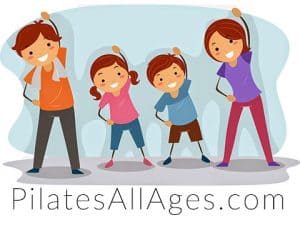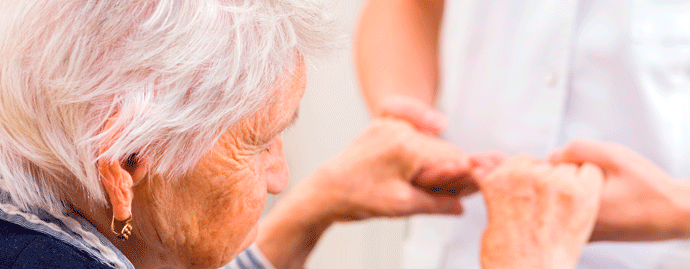Alzheimer’s disease is a neurodegenerative disease, currently incurable, but with treatment. It is characterized by the disruption of the cytoskeleton of neurons in the cerebral cortex, an essential brain region for cognitive functions. It is a genetically determined but not necessarily hereditary disease that causes dementia.
Alzheimer’s Disease Classification
Alzheimer’s disease classification is determined in 3 phases:
Early-stage
The initial phase is characterized by a natural aging process through impairment of recent memory.
Intermediate Phase
The intermediate phase is characterized by changes in decision-making capacity (in most cases people do not notice the changes), there are several impairments of instrumental and operative activities, where we can see deficits in gait, bradykinesia, hypertonia, and apraxias.
Final phase
In the final stage, all mental functions are impaired. The speech problem progresses to muteness and the individual becomes dependent on daily activities. Other behavioral abnormalities observed in AD include motor restlessness, agitation, and anxiety. Alzheimer’s disease has been associated with analysis disorders related to reasoning, with disorders in the interpretation of proverbs. Vocabulary tests are of paramount importance for exploring semantic memory.
Diagnosis
There are three possible diagnostic options for Alzheimer’s Disease. When there is a clinical impression of dementia, it is supported by neuropsychological tests and computed tomography shows evidence of progression. AD possible when the clinical picture suggests the diagnosis of AD, but this picture is atypical or confounded by other potential contributing factors. The diagnosis of dementia must be established by clinical examination, but the patient’s mental state influences the neuropsychological assessment, requiring a progressive memory deficit affecting cognitive function.
Drug Treatment
In medical treatment, Acetylcholinesterase Inhibitors are administered to block the breakdown of acetylcholine and thus increase the amount of acetylcholine in the brain, the use of this drug has had good results in the intermediate phase. Other drugs have been shown to be more effective in the treatment of AD in the more advanced stage where we can highlight: Anti-inflammatory neuropathic factors estrogen Antioxidants Calcium Channel Blockers
Alzheimer’s Pharmacological Treatment
The pharmacological treatment is defined in 4 items.
- 1st Specific Therapy: which aims to reverse pathological processes leading to neural death
- 2nd Aims at delaying the onset of the disease through a prophylactic approach
- 3rd Symptomatic Treatment: this aims to bring cognitive and functional abilities of the same
- 4th Complementary Therapy: a treatment of the non-cognitive action of the disease will be carried out, such as depression, psychosis, psychomotor agitation, aggressiveness, and sleep disorder.
Role of the Pilates Method in Alzheimer’s Disease
Pilates has a very important role in the initial phase of this disease, aiming to keep the individual more active and delaying the progression of motor losses, preventing shortening and deformities, and encouraging the patient’s independence.
Some types of exercises are performed to improve the quality of sleep, blood circulation, and prevention of some orthopedic injuries, in addition to performing aerobic training.
The practice of this method will be important to prevent or minimize balance deficits in elderly people with Alzheimer’s Disease, and with this benefits in the cardiovascular, neuromuscular, and sensory systems will be observed.
In conclusion…
“The Pilates method will halt the progression of Alzheimer’s disease, thus improving quality of life. On the mental side, exercises improve concentration and memory. And working with breathing helps control emotions”.

